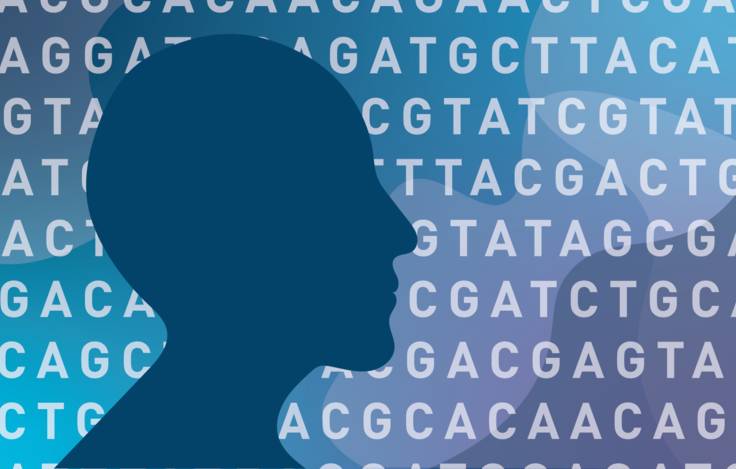Posttraumatic stress disorder (PTSD) can severely impact a person’s life after experiencing trauma. While about 6 percent of people who go through trauma develop PTSD, scientists are still working to understand the biological basis of the disorder.
A new genetic study, the largest and most diverse of its kind, has identified 95 locations in the genome associated with the risk of developing PTSD. The study, conducted by the PTSD working group within the Psychiatric Genomics Consortium (PGC – PTSD) and Cohen Veterans Bioscience, also found 43 genes that may play a role in causing PTSD.
Validating the Genetic Component of PTSD
“This discovery firmly validates that heritability is a central feature of PTSD based on the largest PTSD genetics study conducted to date and reinforces there is a genetic component that contributes to the complexity of PTSD,” said Caroline Nievergelt, co-first and corresponding author on the study and a professor in the Department of Psychiatry at the University of California, San Diego.
The findings not only confirm previously discovered genetic factors but also provide new targets for future research that could lead to improved prevention and treatment strategies.
Analyzing Data from Diverse Populations
The researchers compiled data from 88 genome-wide association studies, which use genetic information from large groups of people to look for links between regions of the genome and the chance of developing a condition. The dataset included information about PTSD risk from more than 1.2 million individuals of European ancestry, about 50,000 with African ancestry, and about 7,000 with Native American ancestry.
Discovering New Genetic Links and Brain Regions Involved in PTSD
The meta-analysis revealed 95 locations in the genome strongly associated with PTSD, including 80 that had not been identified before. The researchers also found that PTSD shared many genetic features with depression and identified several PTSD-specific locations.
By studying gene expression data, the team discovered that the cerebellum, a brain region that controls movement and balance, may be involved in PTSD in addition to previously identified regions like the cortex and amygdala.
Addressing Inequities in PTSD Research
The researchers found that genetic risk scores for PTSD are not easily translatable across different populations, highlighting the importance of including diverse populations in future studies.
“We know that trauma and PTSD disproportionately affects under-resourced populations globally, particularly African ancestry populations,” said Karestan Koenen, senior author on the study. “Our next steps will focus on addressing that inequity through partnerships with African scientists to make sure research in PTSD genetics benefits everyone equally.”

